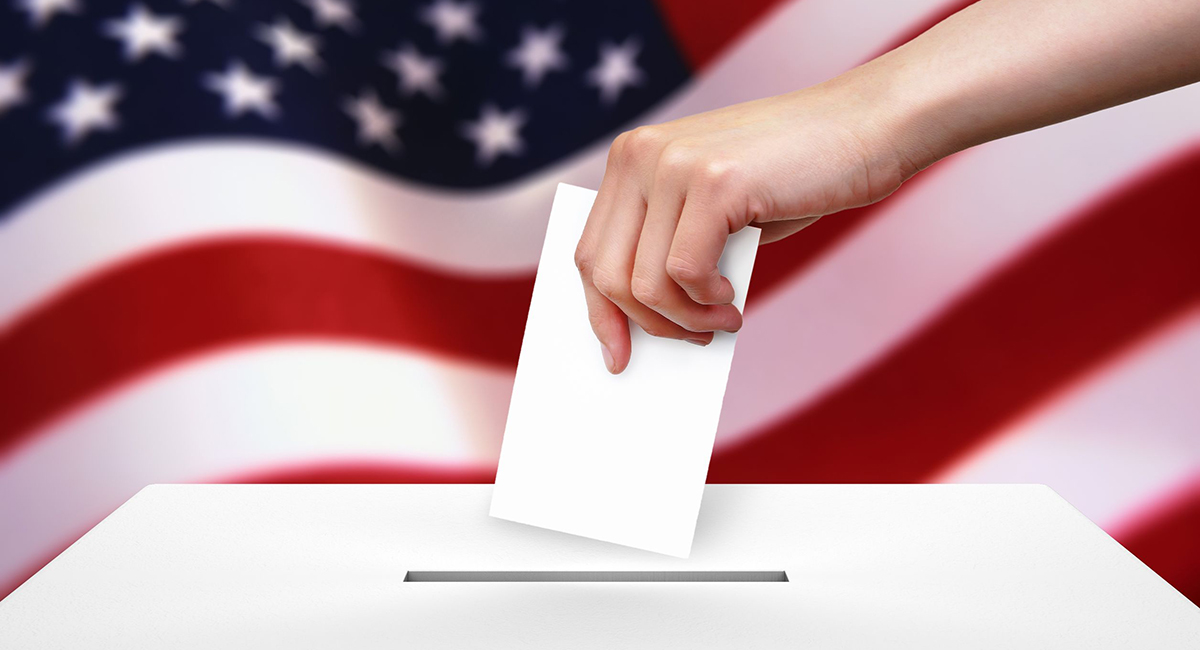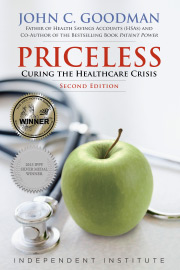The polls told us that 85 percent of the population thought the country was headed in the wrong direction. Yet, voters went out and reelected almost all the incumbents. Pennsylvania voters even reelected a state representative who had been dead for nearly a month.
So, what’s going on?
Maybe it’s that very few challengers were promising acceptable change.
On major issues of voter concern (inflation, crime, border security, a looming recession), Democratic candidates didn’t have a solution. Strangely, Republicans didn’t either.
Neither Side Offered the Public a Solution
On the Senate side, Republican minority leader Mitch McConnell thought the Republicans didn’t need an agenda. He told reporters they would have to wait until after the election to see what a Republican Senate would do. In the House of Representatives, Republicans had a semblance of an agenda, but it was weak on credible specifics.
The main Republican argument was: the other side has screwed up and things were so much better when our guy was in the White House. The main Democratic argument was: “democracy is on the ballot,” which is roughly the same thing as saying a vote for Republicans is a vote for the return of Donald Trump.
Both sides were saying: vote for us because we are not them.
Earlier this year, my colleague Lawrence Kotlikoff and I proposed an inflation-and-jobs agenda that both parties should heed—especially now that they have to get back to the business of governing.
Foremost on our list was a series of proposals to protect people from the consequences of inflation.
Fix the Inflation Problem with Indexing
The most serious victims of inflation are seniors living on fixed incomes. Virtually no private pension or private annuity is indexed for inflation. The reason: inflation is mainly caused by government, and the private sector doesn’t know how to insure against changes in public policy.
Social Security benefits are inflation-indexed, but the tax on those benefits is not. When the Social Security benefits tax was first imposed (in 1984) it applied to so few people there was little resistance to it. But because the income thresholds for the tax were not indexed, the tax hit more and more retirees through time. Today, more than half of all seniors are paying a tax that grows every year without any act of Congress.
Unlike Social Security taxes, the income tax code is indexed for wage inflation. But there is no comparable adjustment for investment income. People who receive interest and dividend income and who realize capital gains are paying taxes on inflation-produced gains, even when there has been no increase in their real standard of living.
Bottom line: Inflation is good for government and bad for the taxpayer. It’s a way for government to increase its revenue without Congress ever having to pass a law. It’s also easily correctable.
Ideally, we should inflation-index the entire tax code. That way, the government would never get more revenue when it inflates the currency.
If that’s too big a lift, there are some partial steps that should be considered. Indexing the Social Security benefit tax should be a no-brainer. It’s not only the right thing to do, it would be popular with voters.
People should also be able to convert their pension and annuity income into inflation-indexed annuities. These would be administered by the private sector, but backed by government. That’s easier to do than you might think. The Treasury already provides inflation protection with TIPS (Treasury Inflation Protected Securities) bonds.
Abolish the Earnings Penalty for Seniors
Because of the pandemic we have also been living with the problem of labor shortages. When COVID hit, many older workers became early Social Security retirees. Yet, if they return to work and earn more than $19,660, they’ll lose 50 cents in benefits for every dollar they earn. When this “earnings penalty” is combined with the Social Security benefits tax and regular income and payroll taxes, senior workers can face astronomically high marginal tax rates—even exceeding 90 percent!
Abolishing the earnings penalty would be win/win for seniors and for the government. As “retirees” return to the labor market they would be paying income and payroll taxes on every dollar they earn.
We should also get rid of the payroll tax for workers once they reach the age of 70. After all, they have already “paid for” their Social Security and Medicare benefits. And if they are willing to keep contributing to the economy, we should encourage rather than discourage their participation.
So, why haven’t the two parties latched on to these and other ideas?
Ideas Matter
It turns out that some Republicans have. Before the election, the House Republican Study Committee released a document that was chock full of commendable reforms, including indexing capital gains, abolishing the Social Security earnings penalty and completely phasing out the Social Security benefits tax.
If you haven’t heard about this document, that’s understandable. At 157 pages, with more than 450 footnotes, it’s unlikely that any voter read it. And since no Republican candidate I know of ran on these ideas, the document remains one of the best kept secrets in Washington D.C.
Ideas matter. Just not in the last election.












